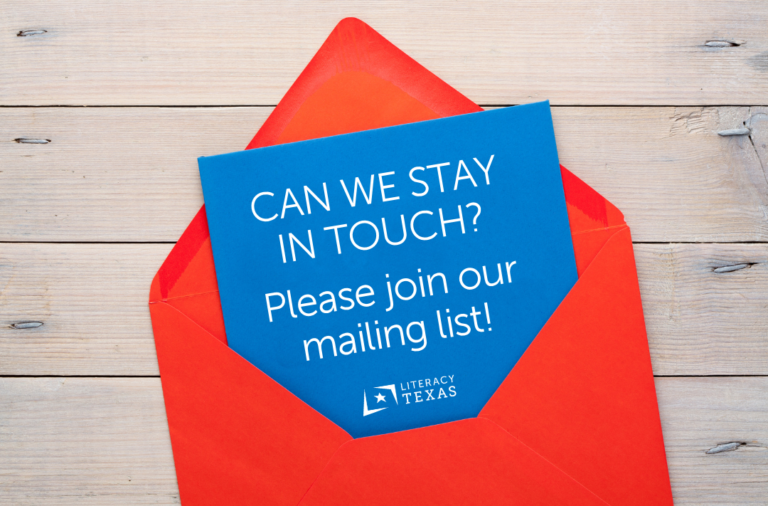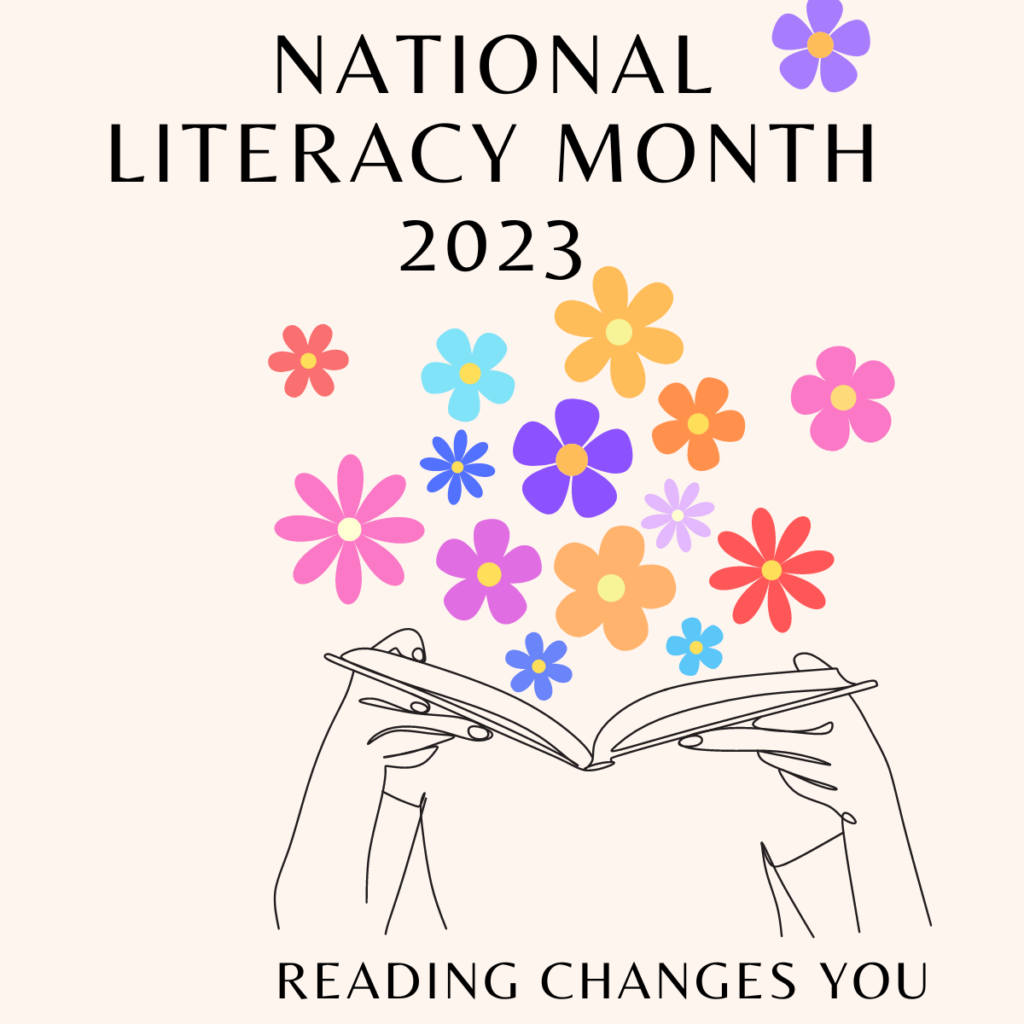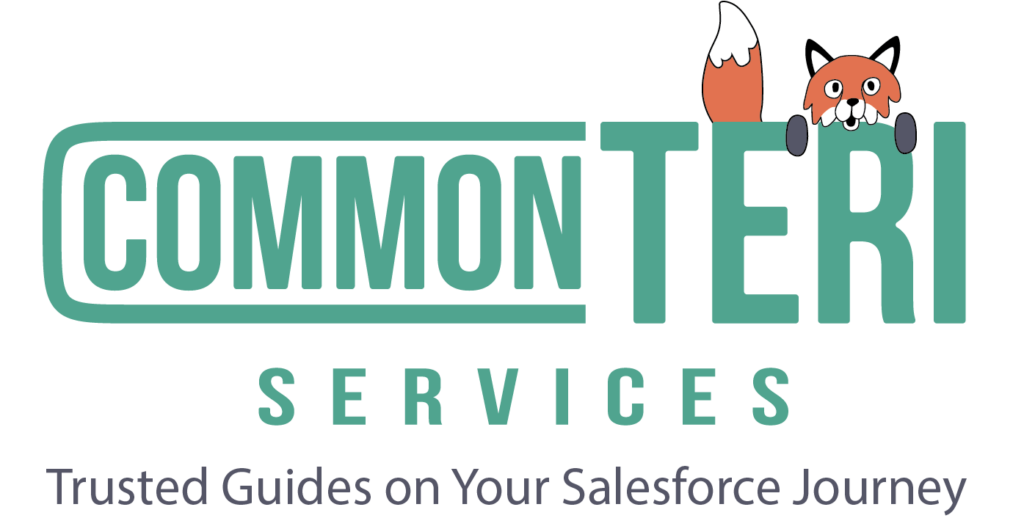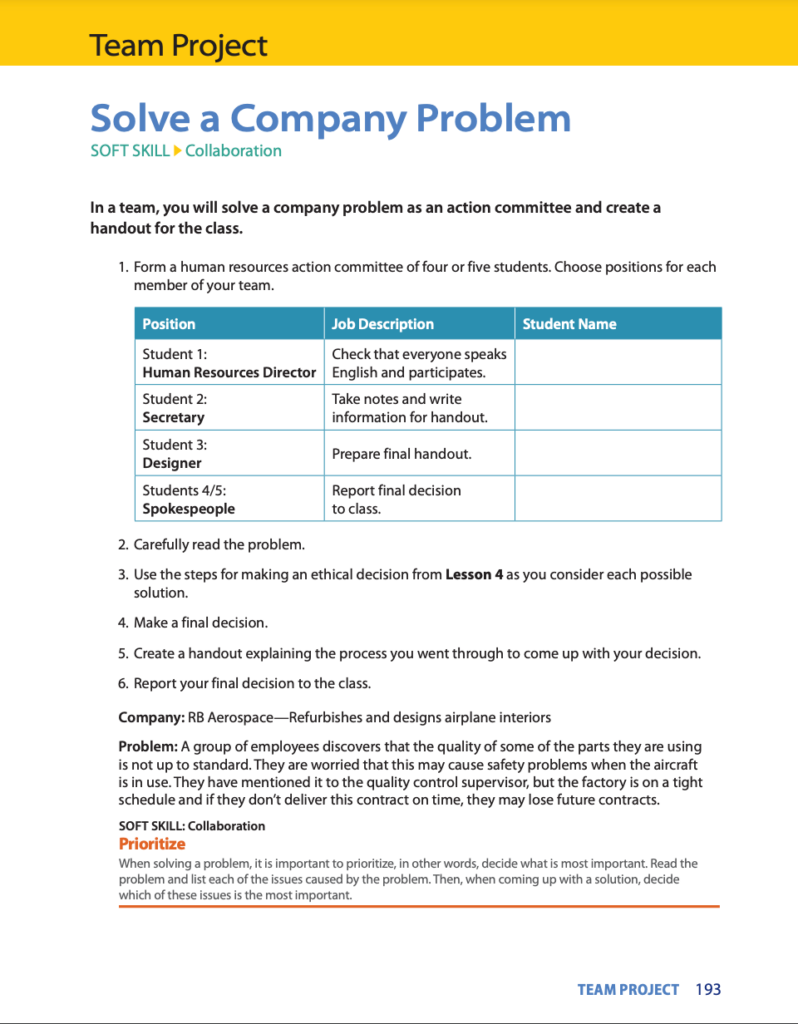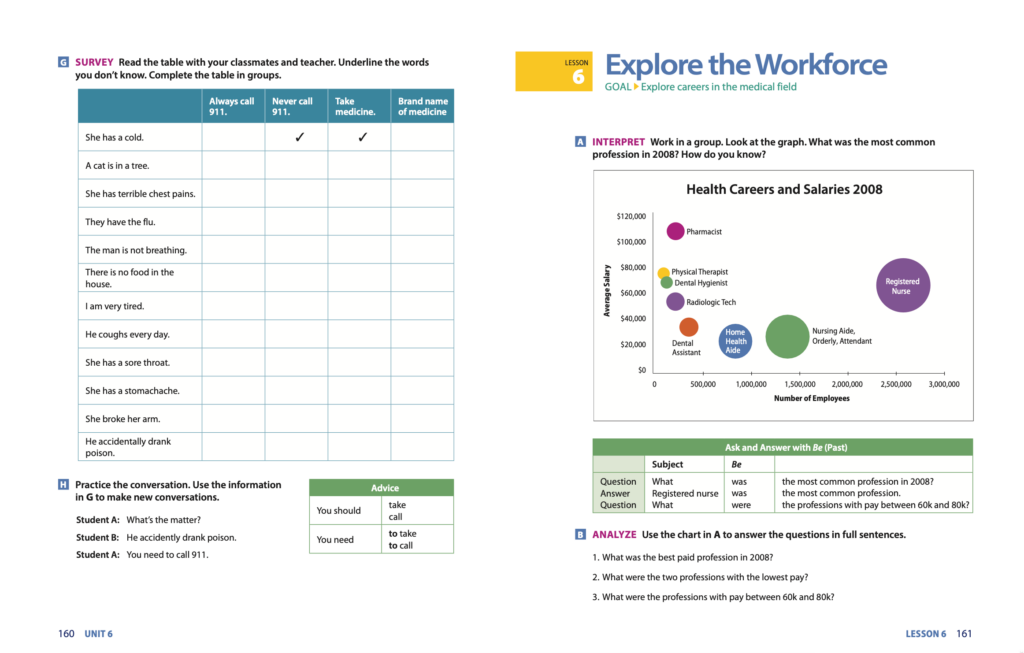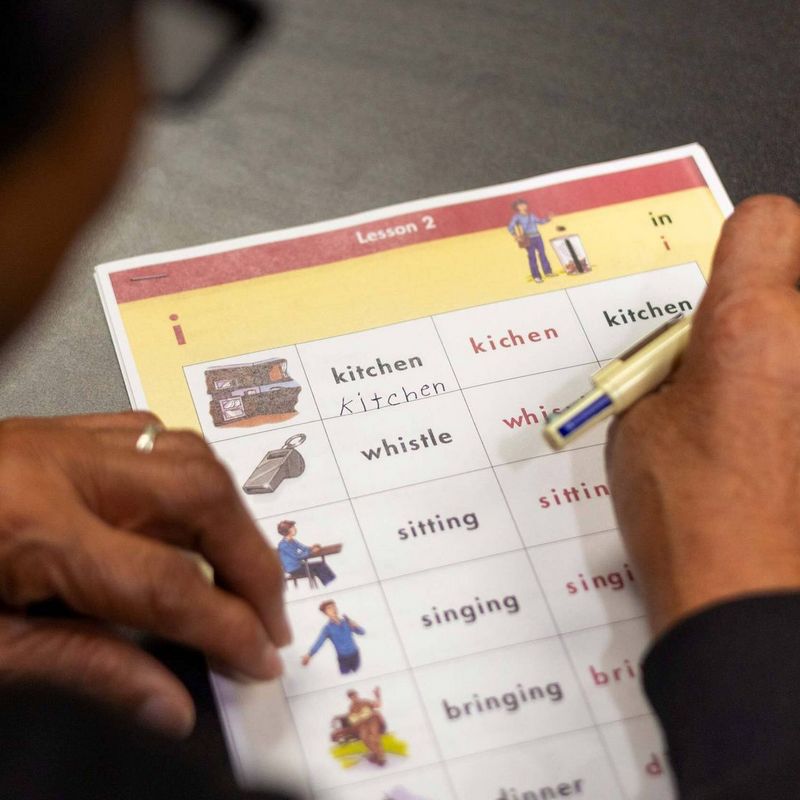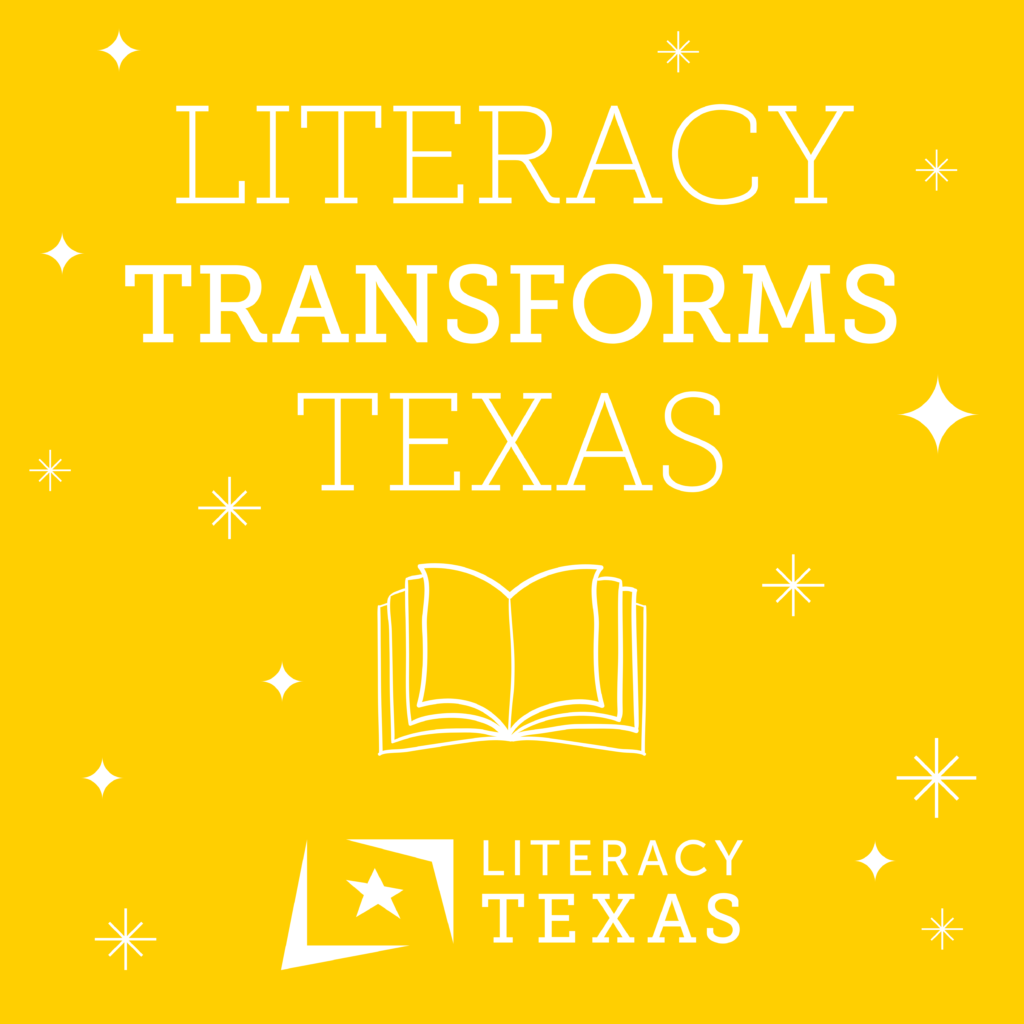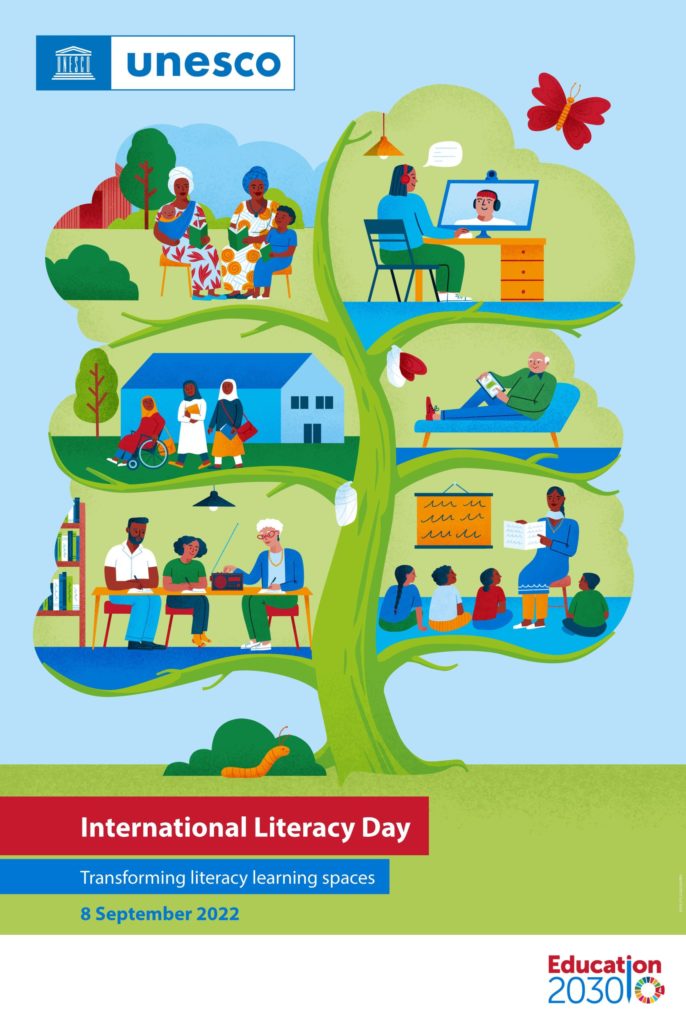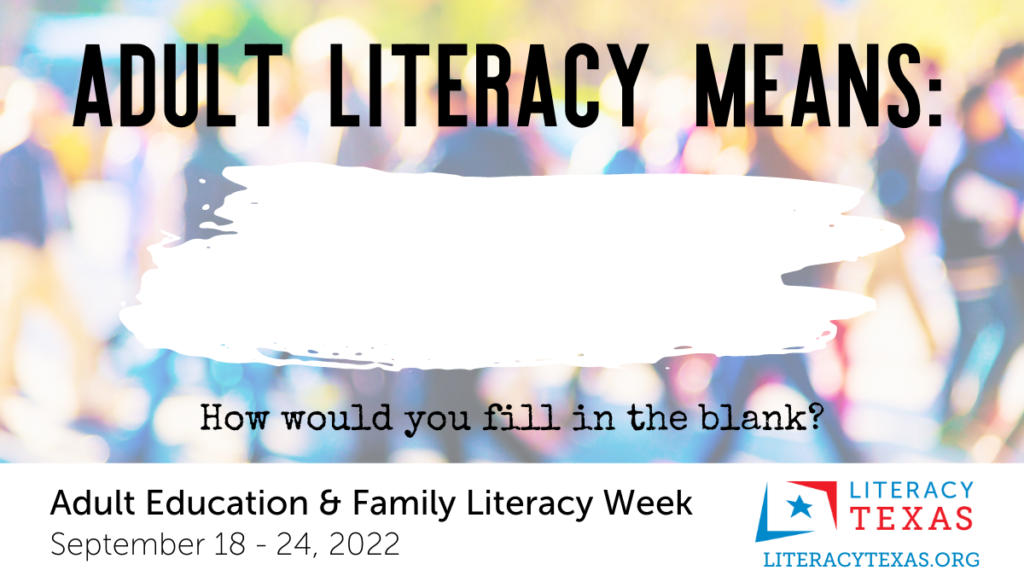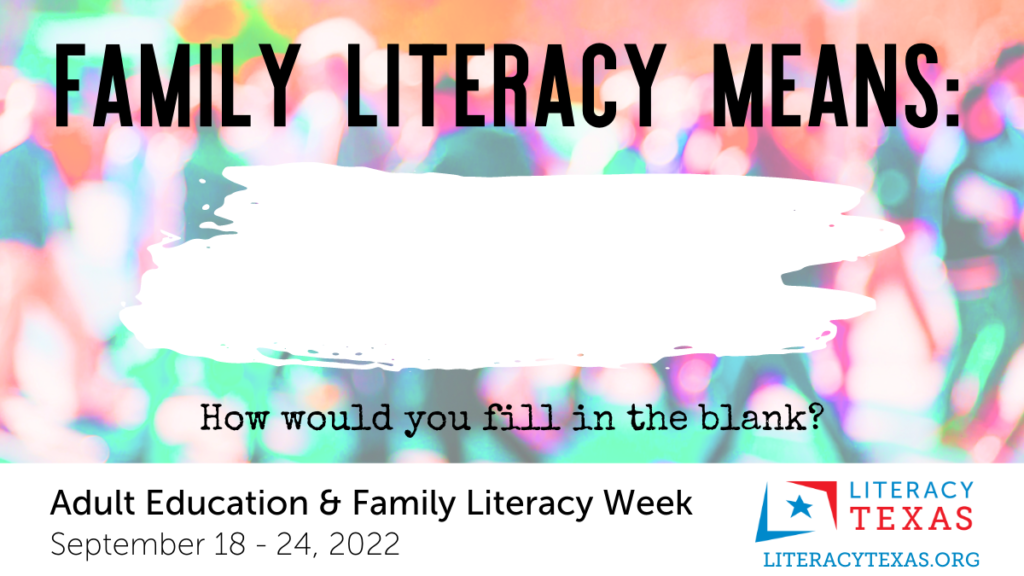Let’s face it, there are a lot of awards out there. From Student of the Year to Volunteer of the Month to Community Rockstar to who knows what else, we get offered a lot of places to nominate the folks in our programs for recognition (including the Literacy Texas Annual Awards, which open every spring and are presented every year at the annual conference in the summer).
It can be… a lot.
And it’s just possible that you see these awards go by, and you think something like, “One day we should nominate someone for that… but who has the time?” You wouldn’t be alone.
But it’s also possible that you’re missing some of the reasons you really should be nominating volunteers and students for awards – and not just the Literacy Texas ones! I’m here to make the case for nominating everyone you can for every award possible.
Here’s why:

5. They might win
OK, this one you’re probably not missing. In fact, it’s likely the first thing most people think of when it comes to awards: What’s the prize? Is it “worth it”? Could the agency win money?
There’s absolutely nothing wrong with any of that. Some awards DO come with money, or books, or another prize, and others come with recognition for your agency.
And winning is nice. Letting someone know they’ve won can be even nicer. And there are people who have lived their whole life and, in their own words, “never won anything”. YOUR nomination could be the first time they get publicly recognized. YOU could make that happen. Just imagine.
All of that is pretty compelling, but there are four more reasons, and I’d argue they just get more important from here.
4. You get to celebrate people you think are amazing
Hopefully you’re doing this sometimes anyway, awards or not. But there’s a saying about “not saving things to say over a coffin lid” and it’s good advice.
We sometimes think people know how we feel about them, and MAYBE they do, but pulling together an award nomination for a volunteer or student at your agency can uncover stories and sayings and other facts about them that you never knew before – and is always an excuse for a celebration (maybe even cupcakes!). Because despite everything going on right now – there is always something to celebrate.
3. You get to TELL people that you think they're amazing
One of the things I genuinely liked the most, when I was working as a program director at a volunteer-based adult literacy organization in Houston, was telling volunteers and students that we wanted to nominate them for an award. See point #5 above – many of them said that was the first time that had ever happened. And that was always touching.
But it just got better from there. Because as part of the nomination process, we would spend 10 minutes at the end of a staff meeting, just brainstorming as a team about what we all knew about these wonderful people. We’d gather the best of what we came up with together, complete the nomination, and submit it.
And then we’d go one step further – we’d take a few more minutes and put the nomination content together in a simple document, add our logo and any photos we had of that person in action at our agency, print it off, and give it to the nominee.
Y’all. That was ALWAYS moving. Sometimes there were tears. And usually, the person would say something like, “I never knew y’all thought all of this about me!” They had something to take home and read over again (and again!), words of praise and joy. They KNEW, without a shadow of a doubt, how much we appreciated and admired them. Volunteers knew we saw everything they did for the students, and how priceless that was to us. Students knew that we witnessed their efforts and were there alongside them cheering them on as they took steps toward the next success.
That felt like winning every time, regardless of whether our nominee actually got chosen for that award or not.
2. You model appreciation to others on your team
Remember how I said we used to brainstorm our nomination content at staff meetings, as a group? That wasn’t by accident. Of course it was a practical way to gather a lot of information in a short amount of time, so I recommend it for that reason alone. But it makes celebration, and articulating positive thoughts and compliments, a natural and accepted part of work.
The more we did it, the easier it became. Staff started to keep an eye out for fun stories that could be included in some nomination some day. One even kept a list. And it became more natural for all of us to voice that appreciation to volunteers and students throughout the week, and make positivity a daily element of our working lives.
1. You stop and feel appreciation yourself
Don’t underestimate the power of this. I don’t know you, but you’re reading this, so you probably work in adult literacy in Texas. So I know you’re tired; in fact, you were probably exhausted BEFORE the pandemic, and now – well, there probably aren’t words to describe how overworked and stressed you’ve been. And when you’re constantly exhausted and anxious, it’s very easy to fall into the habit of seeing everything with a deficit mindset: How are we going to pay for? – to manage? – to do? – to finish? – ? That’s very normal.
Being conscious of stopping, thinking, gathering positive thoughts and stories from others, writing them into a short but coherent whole, and then handing the whole beautiful account to the person you appreciate so much is all good for your body, mind, and spirit.
So – start a list of awards you can nominate folks for. You’ll have local opportunities, as well as statewide and even national awards. Take that little extra time to sit with the team and talk about what makes people wonderful. Write it up into a simple nomination. Give it to the person with a smile. So many people will be glad you did.
Nominations for the Literacy Texas Annual Awards are open now, and winners will be recognized in July. You can find out more, and submit your nominations, here.
A version of this blog post originally appeared in March 2022.
Get Texas literacy updates
Make sure you’re on our mailing list so you don’t miss any news:
- Conference updates
- Regional symposia
- Online training
- Advocacy
- …more!

